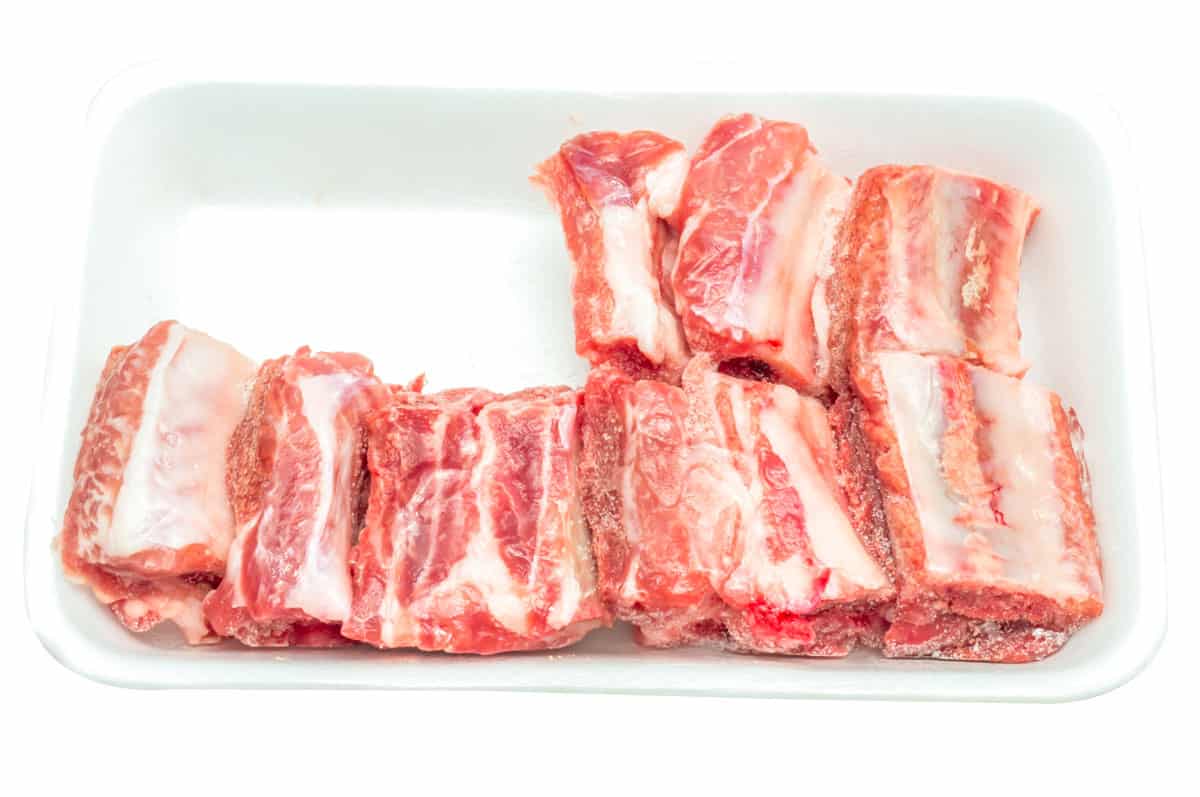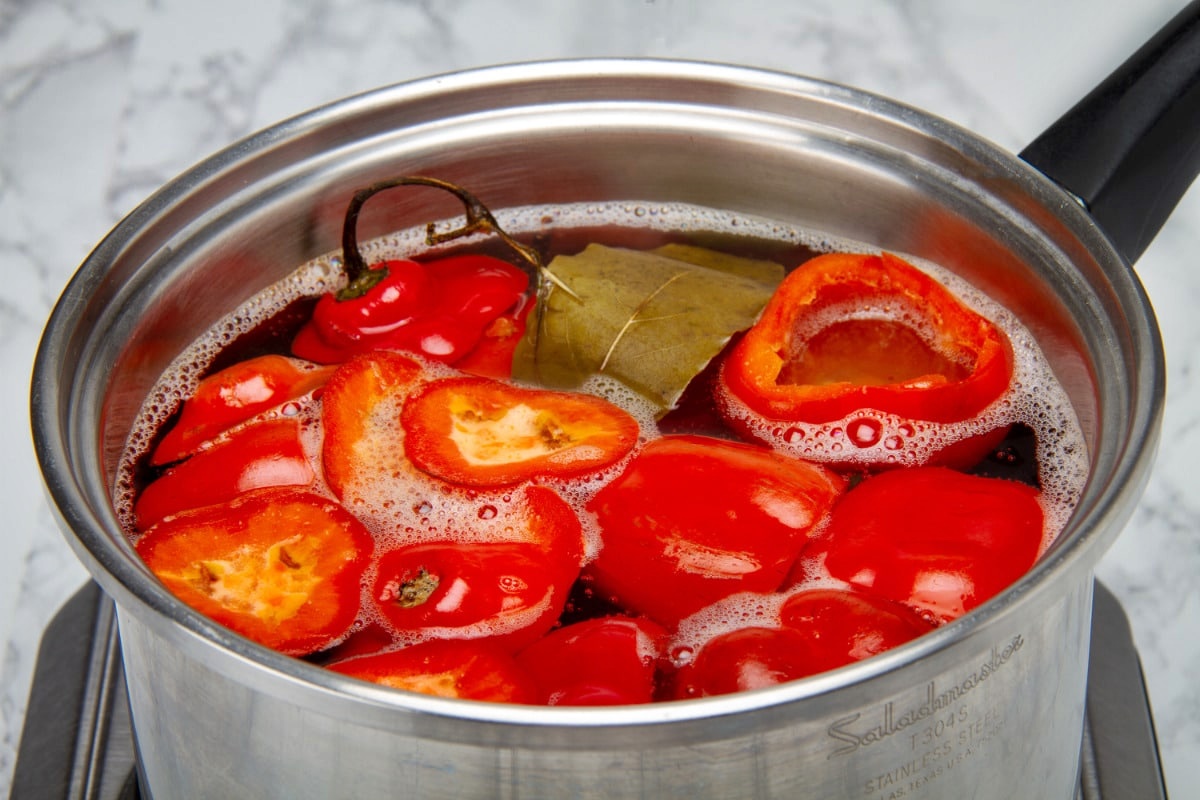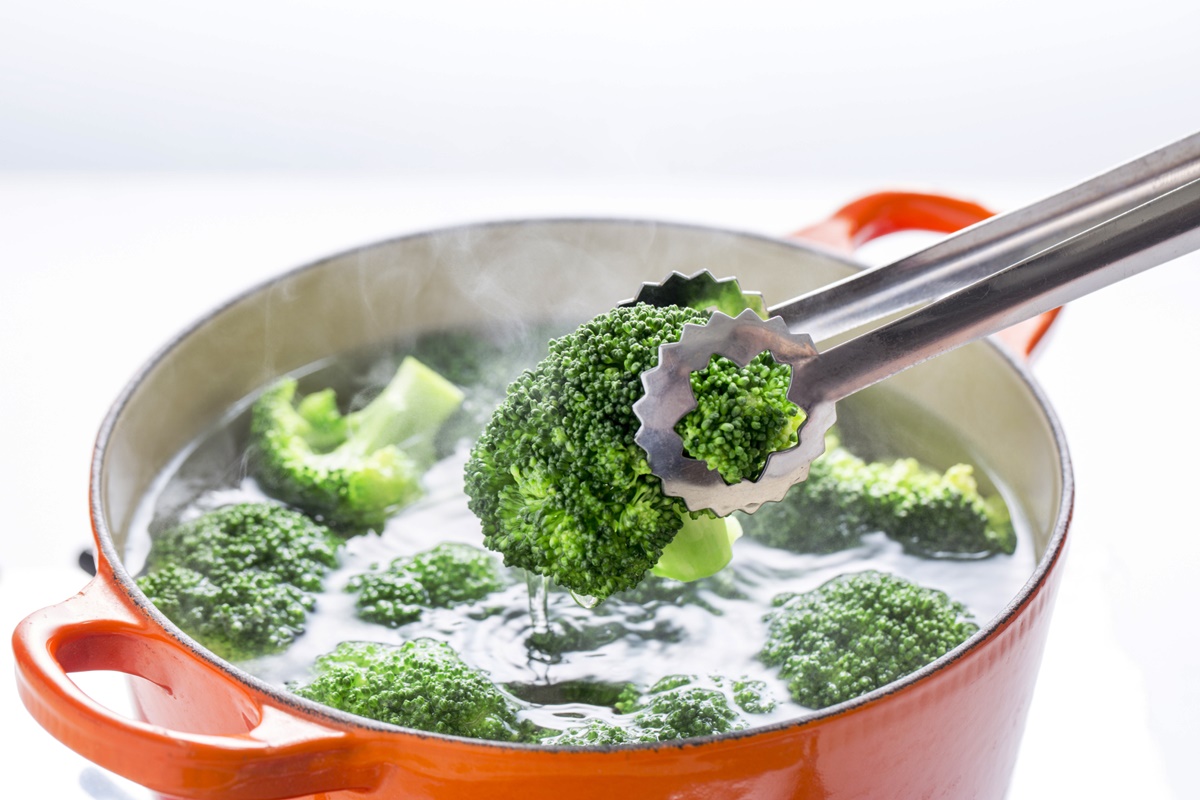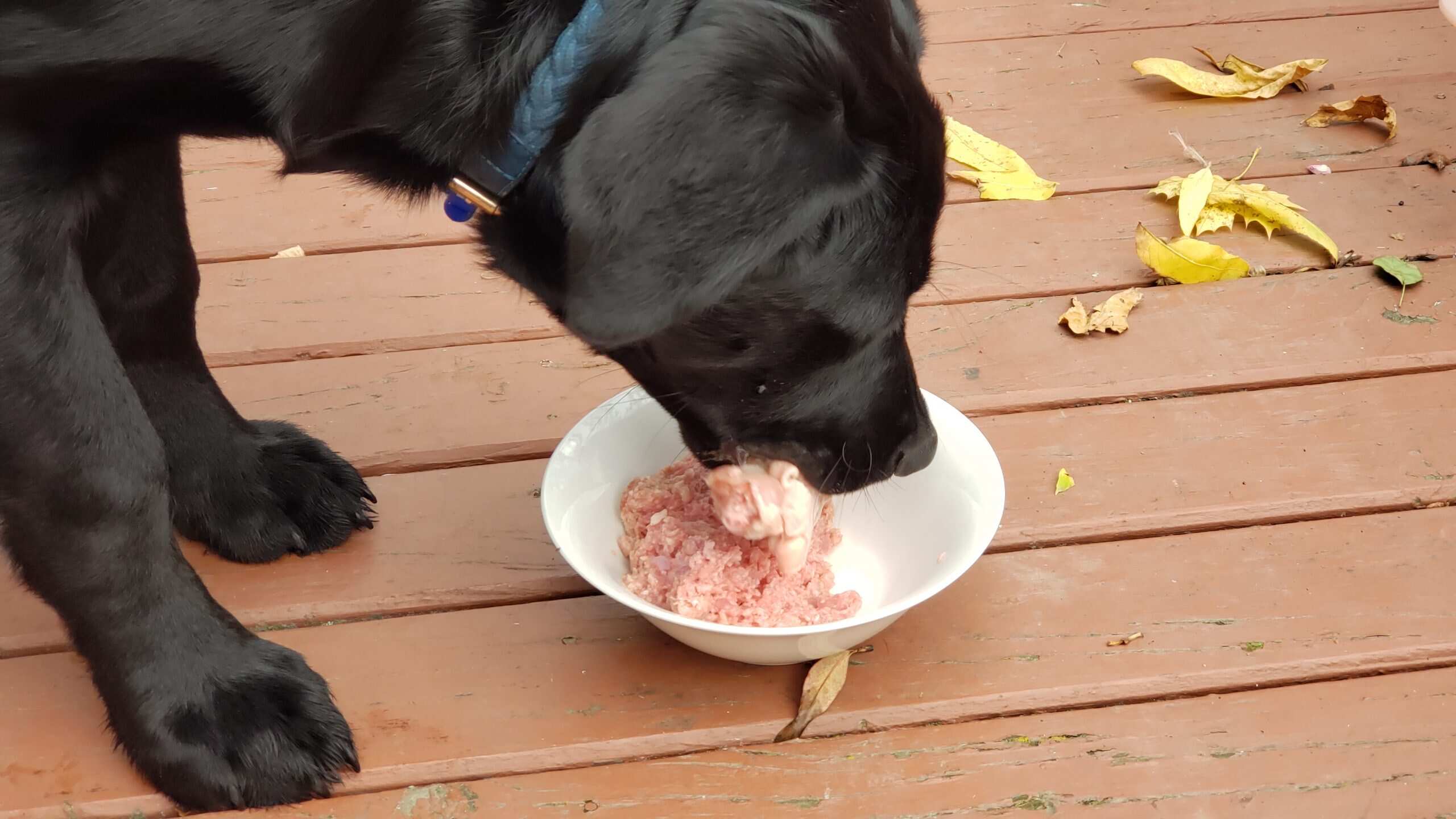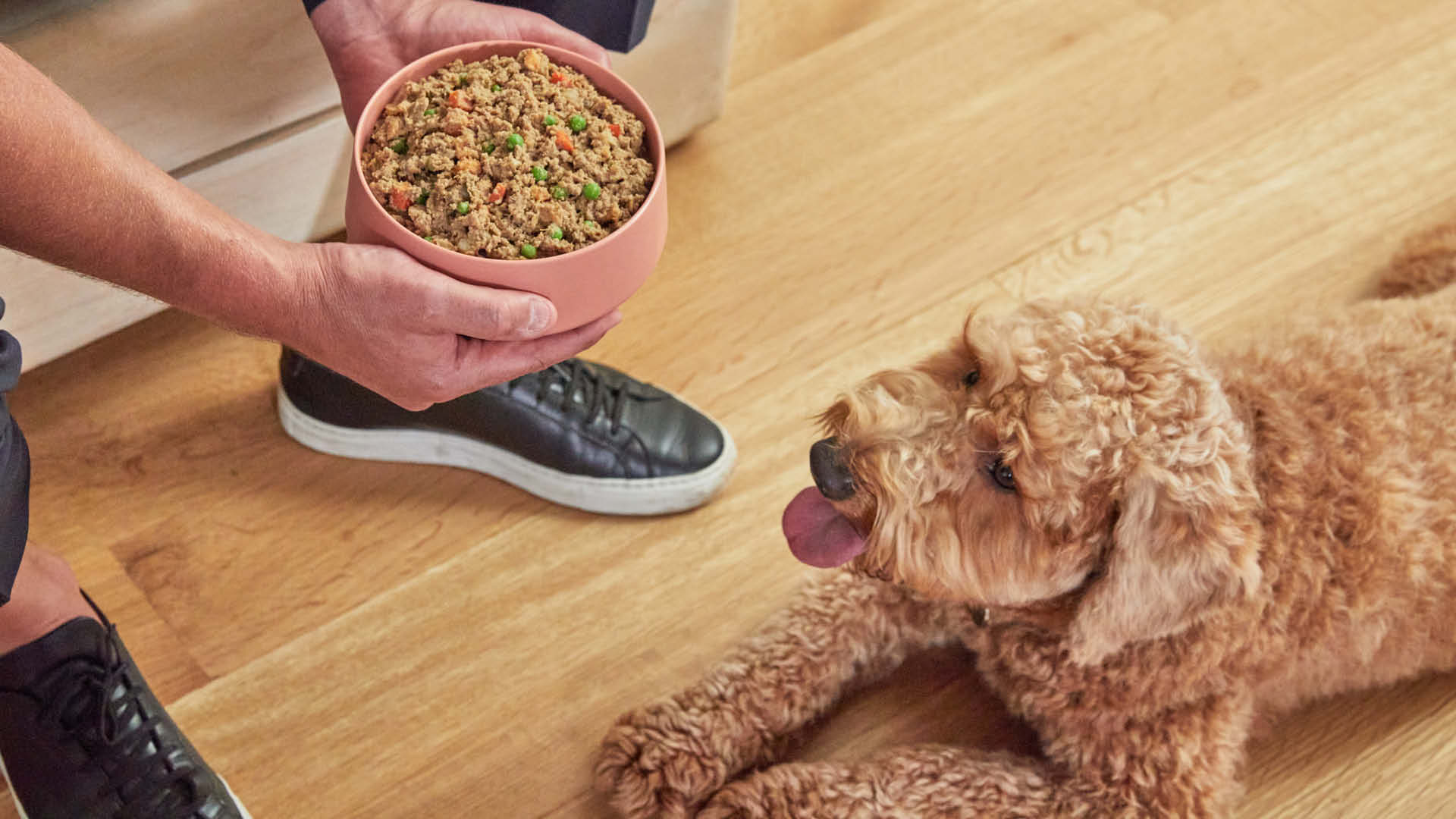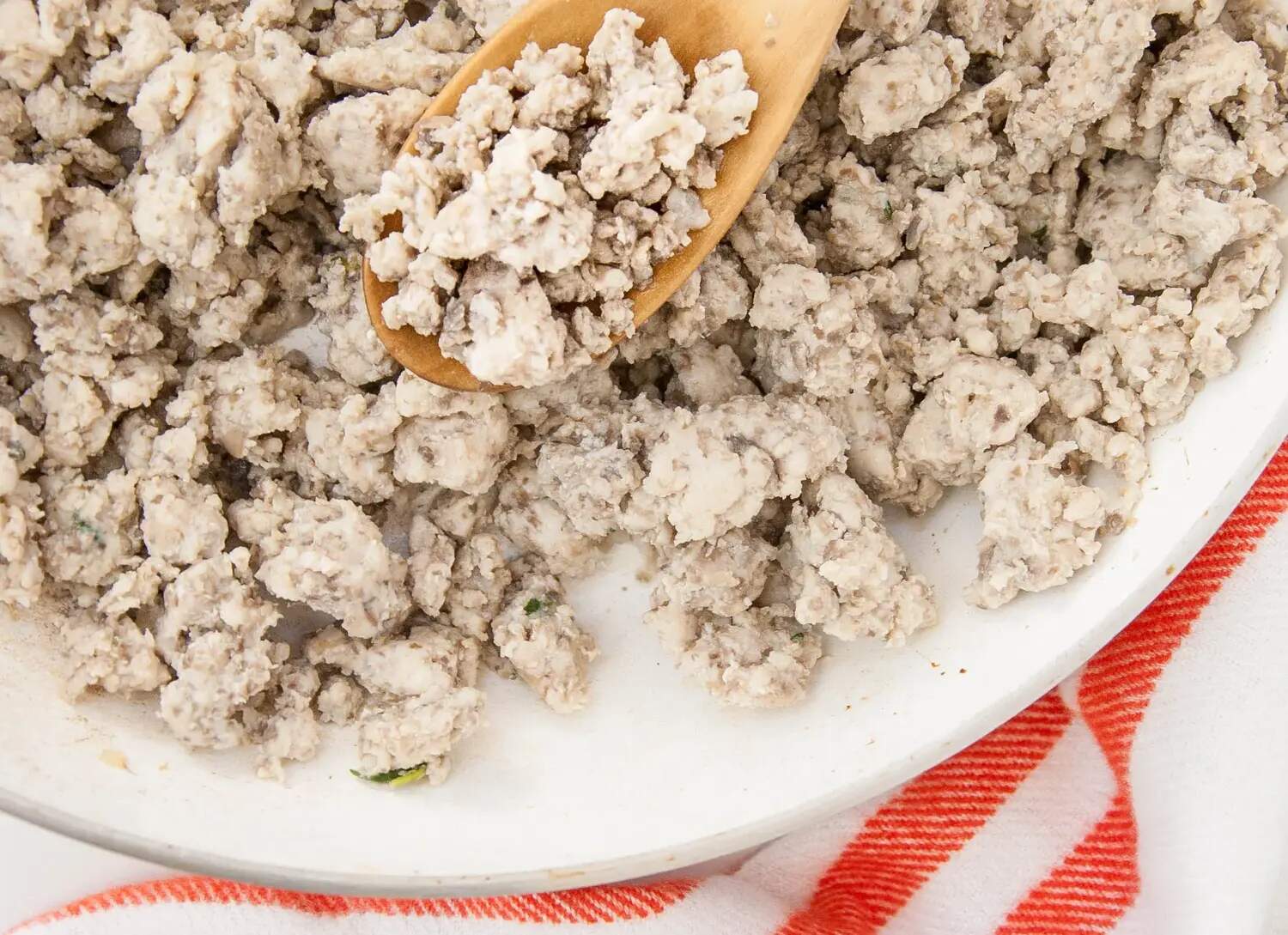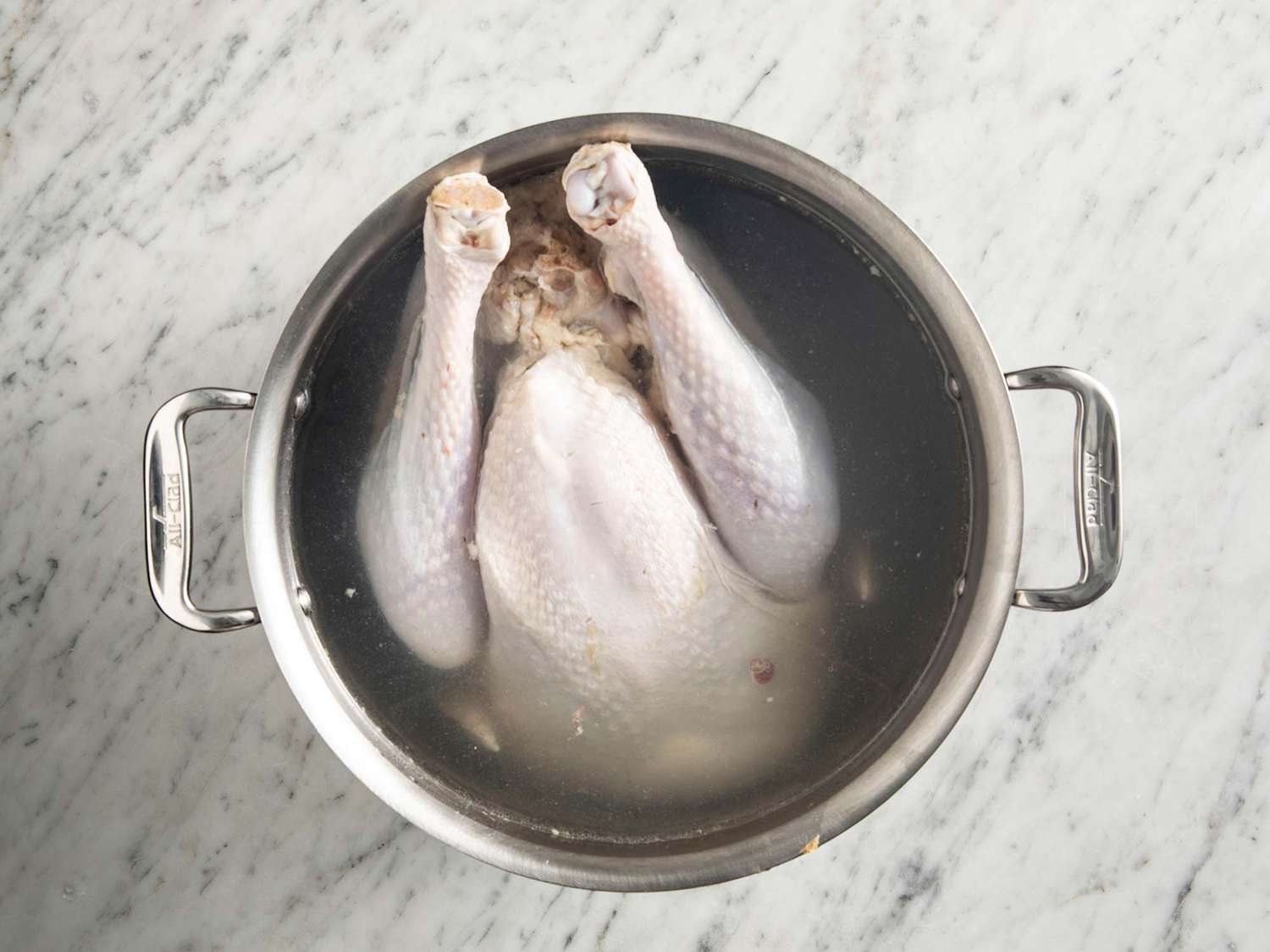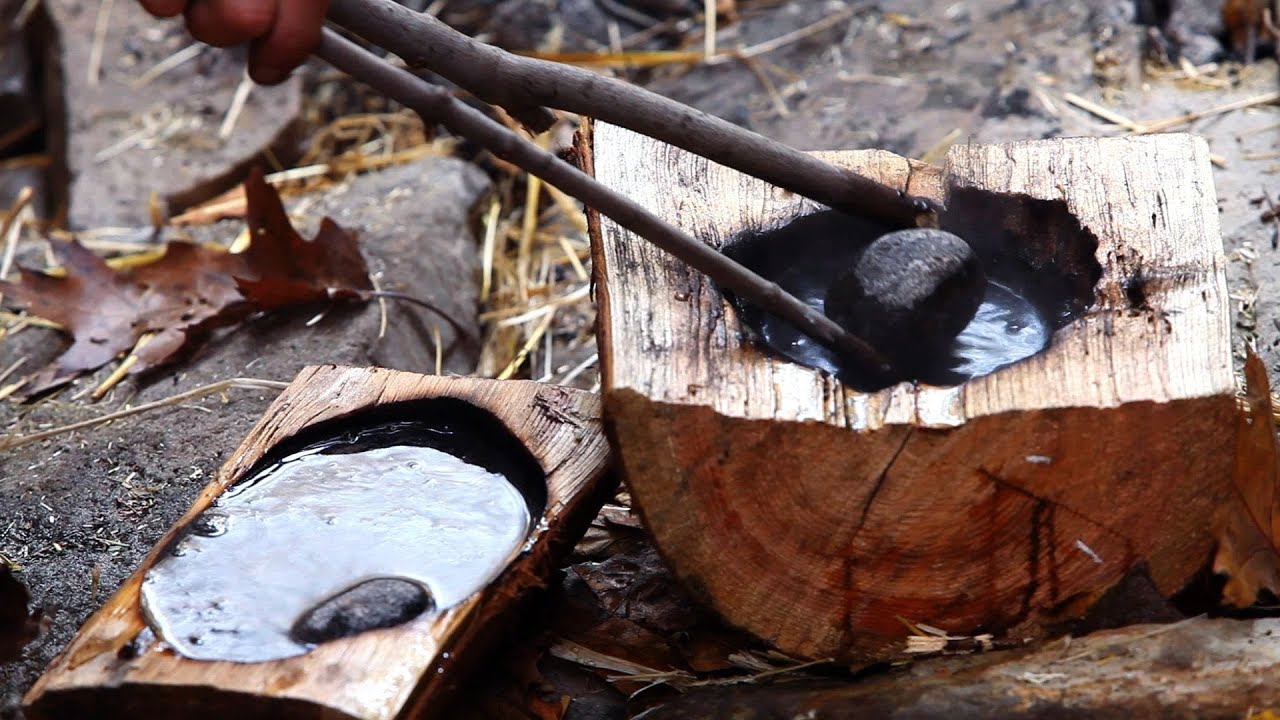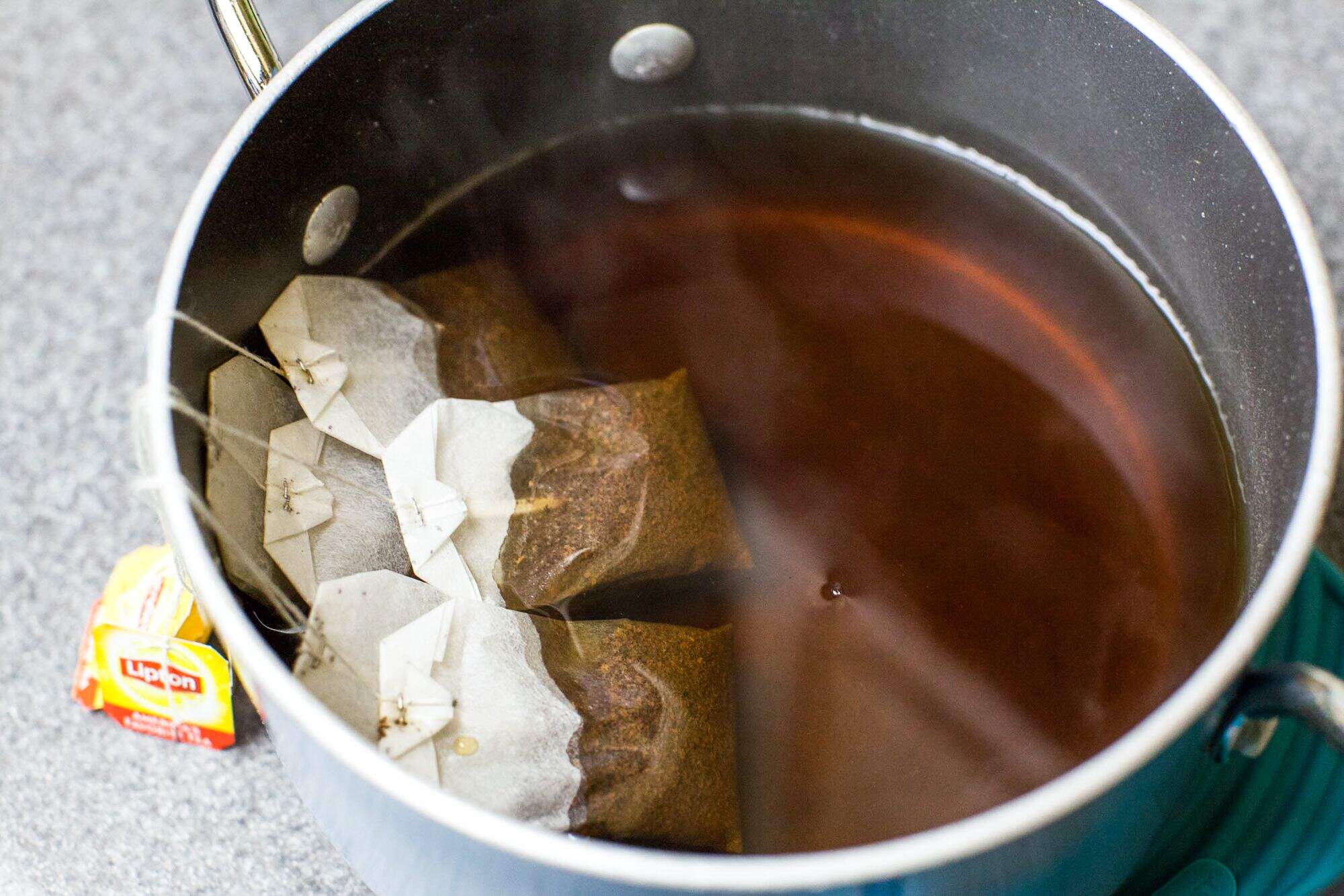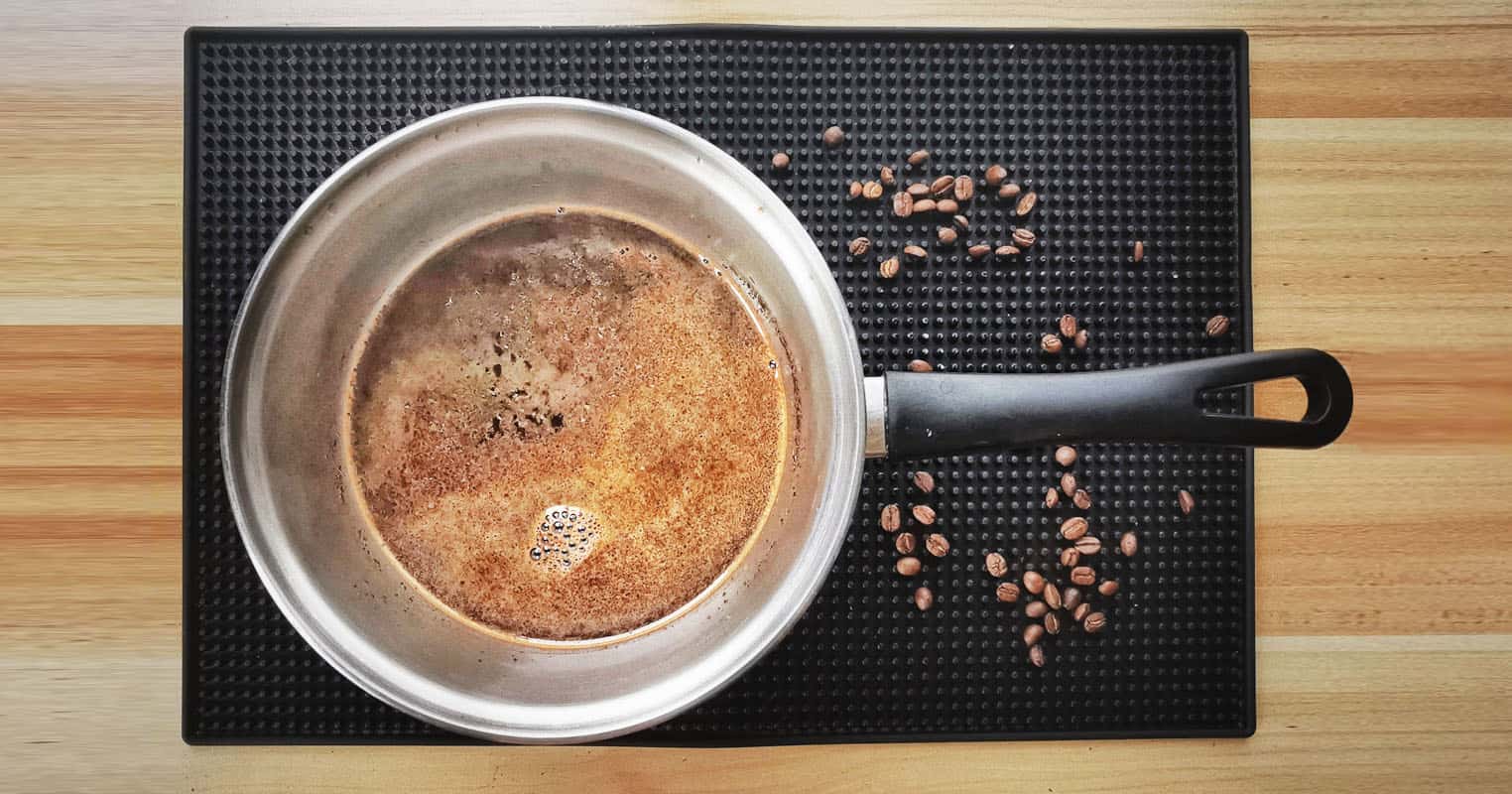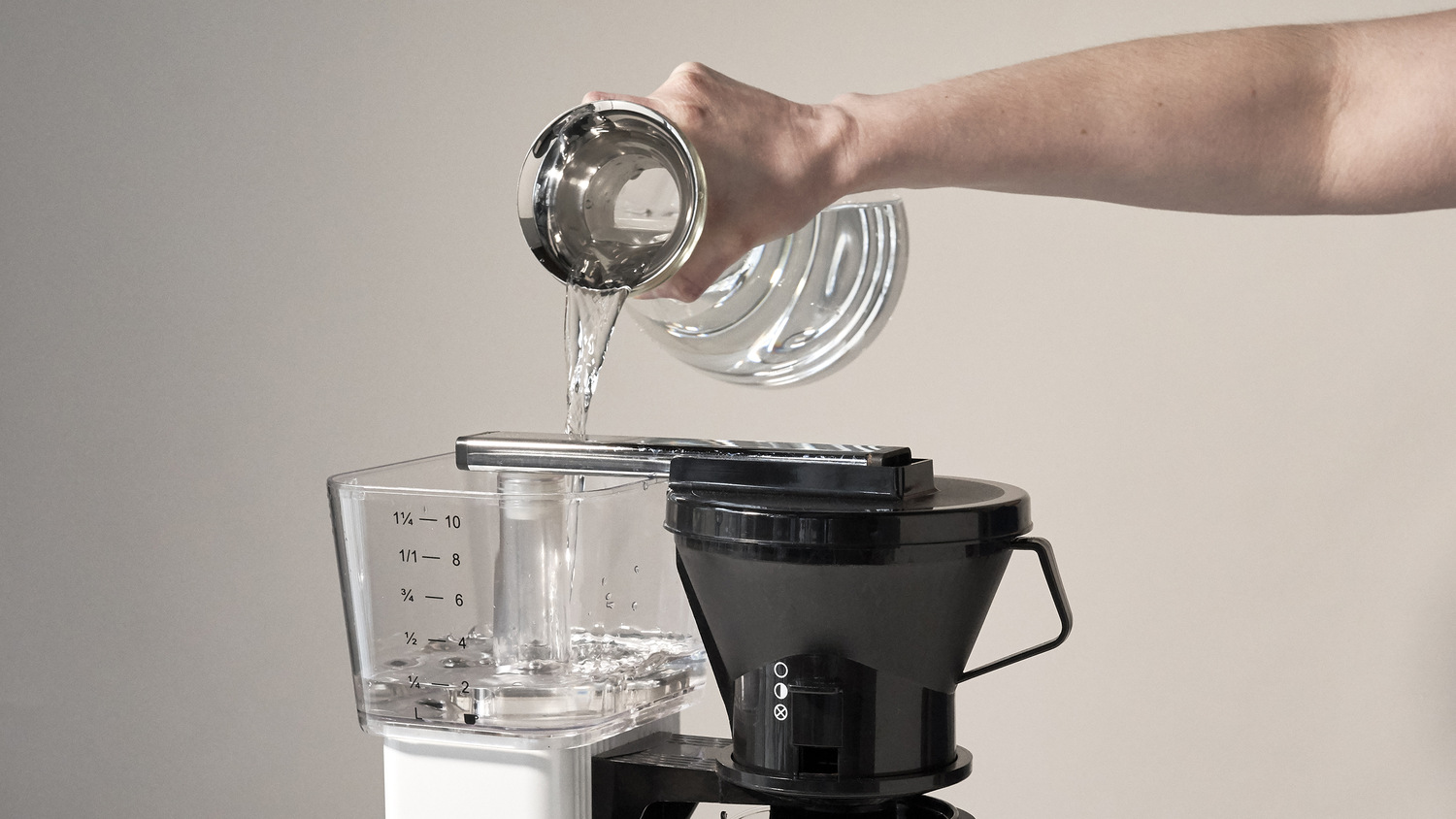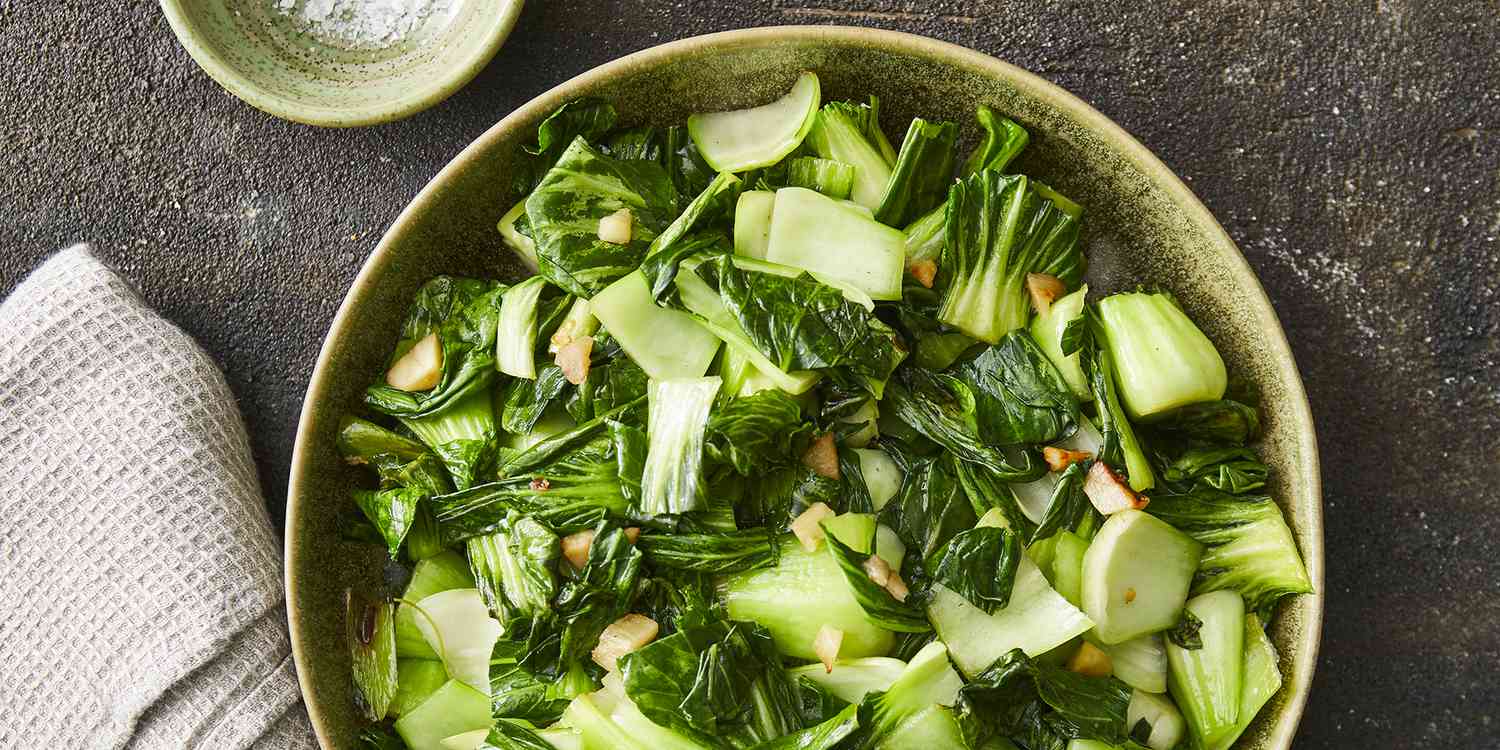How To Boil Potatoes In Pressure Cooker
Boiling potatoes in a pressure cooker can be a quick and convenient way to cook this versatile and starchy vegetable. Whether you want to prepare creamy mashed potatoes, hearty potato salad, or a comforting potato soup, the pressure cooker method can save you time without sacrificing flavor.
Why Choose a Pressure Cooker?
If you’re wondering why you should opt for a pressure cooker instead of traditional boiling methods, here are a few reasons:
- Speed: Pressure cookers can significantly reduce cooking time, allowing you to enjoy boiled potatoes in a fraction of the time it would take on the stovetop.
- Retains Nutrients: The sealed environment of a pressure cooker helps to retain more of the potatoes’ natural nutrients compared to traditional boiling.
- Enhanced Flavor: The intense steam and pressure infuse the potatoes with flavor, resulting in tender and flavorful spuds.
- Energy Efficiency: Pressure cookers use less energy compared to stovetop boiling, making them an eco-friendly choice.
Step-by-Step Guide to Boiling Potatoes in a Pressure Cooker
Follow these simple steps to achieve perfectly boiled potatoes in your pressure cooker:
- Choose the Right Potatoes: Select high-starch potatoes like Russets or Yukon Golds for the best results. These varieties have a fluffy texture that holds up well during pressure cooking.
- Wash and Peel: Thoroughly wash the potatoes to remove any dirt or debris. If desired, you can peel them, although leaving the skin on adds extra nutrients and a rustic appeal.
- Cut into Even Pieces: For faster and more even cooking, cut the potatoes into roughly equal-sized chunks. This will ensure that they cook at the same rate.
- Add Water: Place the potato chunks into the pressure cooker and add enough water to cover them. A good rule of thumb is to use about 1 cup of water for every pound of potatoes.
- Seasoning: Sprinkle salt or your favorite herbs and spices over the potatoes to enhance their flavor. Keep in mind that the pressure cooker will intensify the seasoning, so use sparingly.
- Close and Seal: Securely close the pressure cooker lid and ensure the vent is set to the proper sealing position.
- Cooking Time: Set the pressure cooker to high pressure and cook the potatoes for about 5-7 minutes. The exact cooking time may vary depending on the size of the potato chunks and your pressure cooker’s instructions.
- Natural Release: Once the cooking time is complete, allow the pressure to release naturally for about 5 minutes. Then, carefully release any remaining pressure manually.
- Drain and Serve: Carefully remove the potatoes from the pressure cooker using tongs or a slotted spoon. Drain any excess liquid and serve hot or use them as desired in your favorite recipes.
By following these steps, you’ll be able to enjoy perfectly boiled potatoes in no time. Remember to exercise caution when working with a pressure cooker and always follow the manufacturer’s instructions for safe usage.
So, the next time you’re craving some boiled potatoes, put your pressure cooker to good use. It’s a simple and efficient method that will save you time and impress your taste buds with its delicious results. Happy cooking!
Boiling potatoes in a pressure cooker is a game-changer for any home cook. For those looking to try this method, there are several recipes that stand out. The Classic Mashed Potatoes are a staple and turn out creamy and smooth with pressure-cooked potatoes. Another must-try is Loaded Potato Skins, where the perfectly cooked potatoes make the dish extra crispy and delicious. If you are in the mood for something unique, Potato Gnocchi offers a delightful texture that’s hard to achieve without this cooking technique. For a hearty meal, Shepherd's Pie benefits greatly from fluffy, pressure-cooked potatoes that make the topping light and airy. Finally, Garlic Roasted Potatoes come out perfectly tender on the inside and crispy on the outside, making them an excellent side dish for any meal.
Was this page helpful?
Read Next: How To Boil Peas
